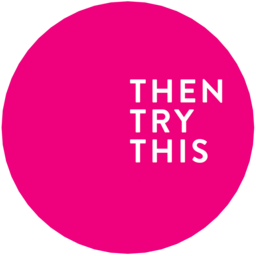Open call: Algorithmic Pattern research residency
The call is open for a paid two-week research residency as part of our Algorithmic Pattern project, submit your idea for contributing to this theme around heritage or contemporary patterning technology.
